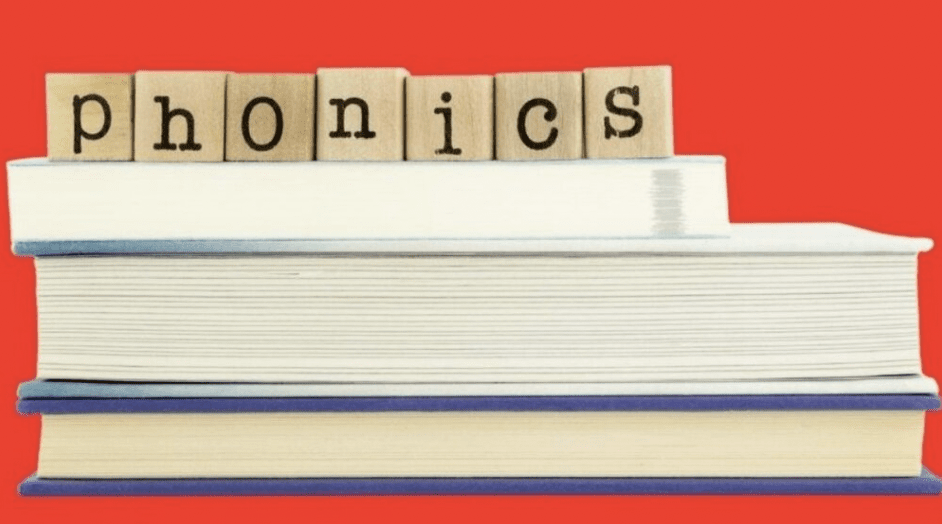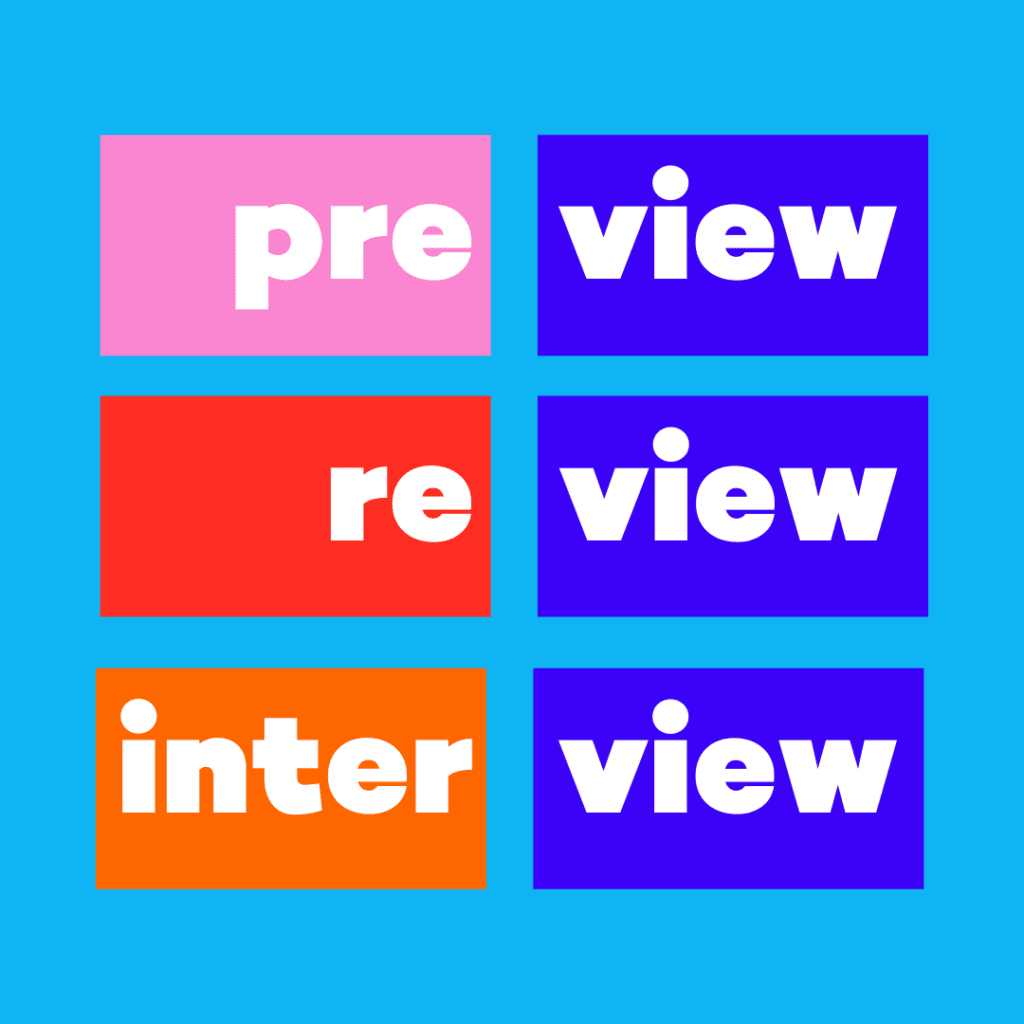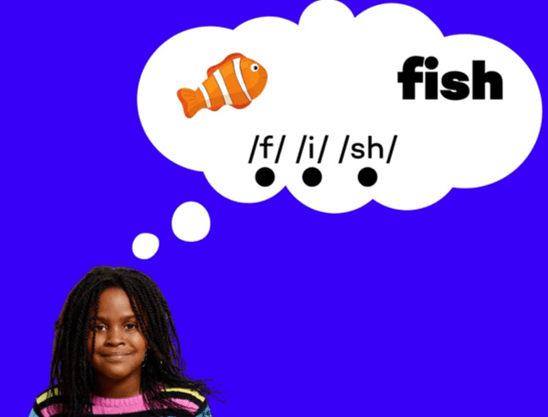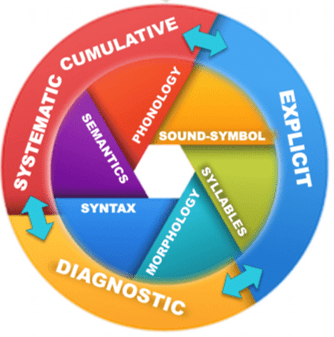The Meaning of Your Child’s Reading Level

Teachers give tests to get a picture of students’ progress and skills. Similarly, teachers of lower grades assess students’ reading to find their “just right” level. This information is crucial for identifying any gaps in decoding, fluency, or comprehension. You may want to know your child’s reading level so that you can be in the […]
Resources to Support Readers

Reading can be hard, but luckily assistive technology is here to help. Lots of kids need extra help with reading. For some it is because of a diagnosed disability. For others, it just takes extra time and practice to crack the code. And for many, this struggle can last well into teenage years (and beyond!). […]
How Kids Learn How to Read

As children learn to read, the world around them takes on a whole new dimension; signs become meaningful, directions become clearer, and stories and books offer an entirely new world of fantasy, adventure, and discovery. While your child will receive great instruction in school, there are fun, simple ways to reinforce those lessons at home […]
Amazing Resources to Support Reading and Writing

There are endless websites, apps, and programs out there for helping students learn to read, develop comprehension skills, and improve their grammar and the structure of their compositions. Because of that, it can be hard to sort through the noise to find a solution that works – a resource that you can consistently use with a given age […]
Foundational Reading Skills

At Braintrust, we are big believers in the Science of Reading, and good reading habits begin with foundational reading skills. For that reason, our reading tutors place a strong emphasis on phonemic awareness, phonics, and multi-sensory instruction. Unfortunately, though, that’s not the case in all classrooms. As a result, it’s all the more important that parents […]
Orton-Gillingham and the Science of Reading

Put simply, Orton-Gillingham is the best approach to teach literacy. While it is effective and beneficial for all students who are struggling to learn to read and write, it is essential for any child with dyslexia. That is because any Orton-Gillingham program includes direct, explicit, systematic, multi-sensory lessons that reinforce sound-symbol relationships – the foundation […]
What are Prefixes?

Prefixes are parts of words that can be added to the beginning of a root word to change its meaning. They are an important component of language structure and vocabulary. Students should learn the most common prefixes early. They should continue to add to their prefix knowledge as they progress through the grades. Knowing what […]
What is Orthographic Mapping?

Are you a passionate educator? Join our team and become a Braintrust tutor today! Orthographic mapping is the process by which students learn to connect sounds in words that they already know to the spelling of those words in order to make them more instantly recognizable. Students begin to use orthographic mapping only after they […]
What is Structured Literacy?

Structured literacy is an approach to teaching reading that focuses on the explicit instruction of language mechanics. Research shows that this approach significantly helps students with Dyslexia, but is also an effective approach for all students. Some other popular reading programs use ‘Balanced Literacy’ or ‘Guided Reading,’ to anchor students’ development in reading. Programs like […]
Strategies for Improving Reading Fluency

Reading fluency refers to a student’s ability to read in a way that sounds natural. It includes students’ reading rate, the expression with which they read, and the accuracy of what they are reading. Fluency is separate from the skills of decoding and comprehension. Students can have strong decoding and comprehension skills and weak fluency […]
